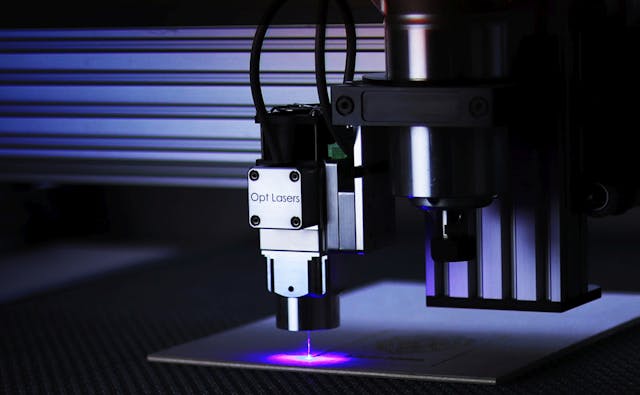How Laser Technology Innovations Are Reshaping Industries Today
Lasers have emerged as a pivotal force driving advancements across various sectors. From precise medical procedures to efficient manufacturing processes, laser technology is transforming the way industries operate, bringing about unprecedented levels of accuracy, efficiency, and innovation. This blog delves into the myriad ways in which cutting-edge laser applications are revolutionizing industries, underscoring the profound impact these advancements are having on our daily lives. Join us as we explore the forefront of laser technology and its far-reaching implications for the future.
Introduction to Laser Technology Innovations
Laser technology has come a long way since its inception in the 1960s, evolving from a scientific curiosity to a cornerstone of modern industry. The term "laser" stands for "Light Amplification by Stimulated Emission of Radiation," and it encapsulates the essence of harnessing light to achieve remarkable precision and control.
Initially developed for research and military applications, lasers have permeated almost every industrial sector, driving innovations that were once thought impossible. Today, laser technology stretches from Laser NDT Solutions for non-destructive testing to laser engraving on consumer products, from laser-guided surgery in healthcare to 3D printing in manufacturing. This versatility is a testament to the immense potential of laser technology as a transformative force.
Advancements in Precision Manufacturing
In the realm of precision manufacturing, lasers have become indispensable tools that elevate the standards of accuracy and efficiency. One of the most significant advancements is laser cutting technology. This method allows manufacturers to achieve incredibly precise cuts on a variety of materials, ranging from metals and plastics to ceramics and composites. The laser-cutting process is not only swift but also minimizes material wastage, making it a highly cost-effective solution.
Another area where lasers have made substantial contributions is in laser welding. Traditional welding techniques often come with limitations such as heat distortion and imprecision. Laser welding, on the other hand, delivers a highly concentrated beam of energy that fuses materials with minimal thermal distortion and exceptional precision. This makes it an ideal choice for industries requiring exacting standards, such as aerospace and automotive manufacturing.
Revolutionizing Medical Treatments and Procedures
Laser technology has profoundly transformed the field of medicine, offering unprecedented advancements in both treatments and procedures. One of the most notable areas of impact is laser surgery. Procedures such as LASIK eye surgery benefit from lasers' unparalleled precision, enabling surgeons to correct vision with minimal invasiveness and quicker recovery times for patients. For those seeking the best laser eye surgery in London, these advancements promise exceptional outcomes and care. Similarly, laser-assisted surgery in dermatology, such as the removal of tattoos and skin lesions, provides targeted treatments that minimize damage to surrounding tissues.
Beyond surgery, lasers are also instrumental in non-invasive therapies. Laser-based photodynamic therapy, for instance, is used to treat certain types of cancer by activating photosensitive drugs with specific wavelengths of light. This allows for targeted destruction of cancer cells while sparing healthy tissues. Additionally, the use of low-level laser therapy (LLLT) for pain management and tissue regeneration is gaining traction, offering patients relief from conditions such as chronic pain, arthritis, and nerve damage.
Applications in Defense and Security
Laser technology is making significant strides in the realm of defense and security, offering innovative solutions that enhance both defensive and offensive capabilities. One of the most notable applications is in directed-energy weapons (DEWs), which harness focused laser beams to neutralize targets. DEWs provide a precision advantage over conventional weaponry, reducing collateral damage and enhancing mission success rates. These weapons can be used to disable enemy electronics, neutralize drones, and even intercept incoming projectiles, providing a tactical edge on the battlefield.
The advancements in laser technology are continuously reshaping industries and revolutionizing our daily lives. From manufacturing processes to medical treatments, and defense applications to consumer products, lasers have proven their potential as a transformative force driving innovation across various sectors. As we continue to push the boundaries of laser technology, the possibilities for future breakthroughs are limitless, promising a world of precision, efficiency, and endless possibilities.

